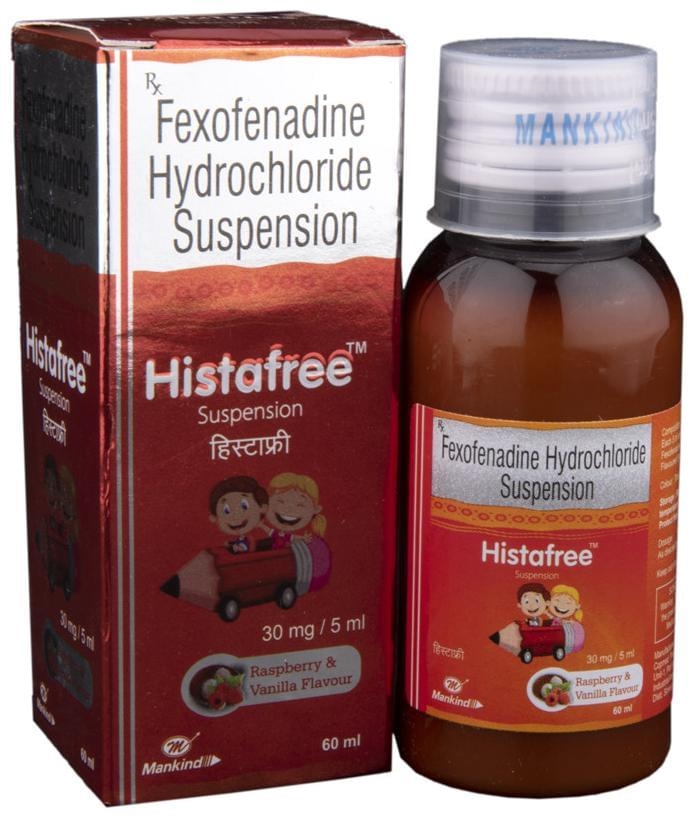Sneezing and runny nose due to allergies
Allergies occur when the immune system overreacts to a harmless substance in the environment, such as pollen or dust mites. This reaction triggers the release of histamines, causing symptoms like sneezing and a runny nose.
Medications:
Antihistamines: These drugs help block the effects of histamine in the body, reducing symptoms such as sneezing, itching, and runny nose. Examples include Loratadine (Claritin) and Cetirizine (Zyrtec).
Decongestants: These medications constrict blood vessels in the nasal passages, reducing swelling and clearing up congestion. Examples include Pseudoephedrine (Sudafed) and Oxymetazoline (Afrin).
Nasal Steroid Sprays: These prescription sprays reduce inflammation in the nasal passages, providing relief for long-term allergy sufferers. Examples include Fluticasone (Flonase) and Mometerol (Nasonex).
Allergy Shots (Immunotherapy): Injecting small amounts of allergenic substances over time can help the immune system develop a tolerance, reducing allergy symptoms in certain patients.
Remember to always consult with a healthcare professional before starting any treatment to ensure the appropriate medication for your specific allergy symptoms.

Showing 1–12 of 1755 results
-

Azelastine (4)
-

Cetirizine, Phenylephrine (13)
-

Ciclesonide (2)
-

Desloratadine, Montelukast (54)
-

Desloratadine, Pseudoephedrine (2)
-

Ebastine, Montelukast (14)
-

Ebastine, Phenylephrine (6)
-

Fexofenadine (642)
-

Fexofenadine, Phenylephrine (3)
-

Fluticasone Furoate (87)
-

Fluticasone Furoate, Azelastine (25)
-

Fluticasone Furoate, Oxymetazoline (1)
-

Fluticasone Propionate (95)
-

Fluticasone Propionate, Azelastine (41)
-

Levocetirizine, Phenylephrine (20)
-

Levocetirizine, Pseudoephedrine (11)
-

Loratadine, Pseudoephedrine (2)
-

Mometasone, Azelastine (3)
-

Montelukast, Fexofenadine (726)
-

Rupatadine, Montelukast (4)
Showing 1–12 of 1755 results























